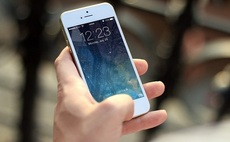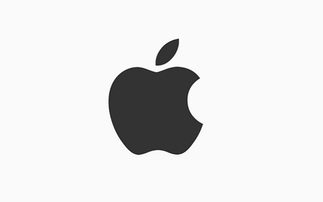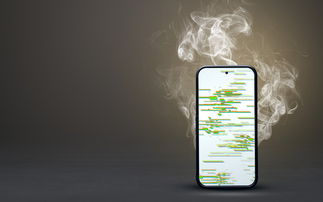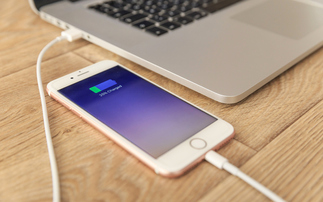Is this Tim Cook's worst week?
Even the most rabid Apple fans are having a hard time banging their drums this week, as Apple's new, exciting and largely-the-same-as-last-time iPhone 6 and 6 Plus have been beset by fairly serious...
To continue reading this article...
Join Computing
- Unlimited access to real-time news, analysis and opinion from the technology industry
- Receive important and breaking news in our daily newsletter
- Be the first to hear about our events and awards programmes
- Join live member only interviews with IT leaders at the ‘IT Lounge’; your chance to ask your burning tech questions and have them answered
- Access to the Computing Delta hub providing market intelligence and research
- Receive our members-only newsletter with exclusive opinion pieces from senior IT Leaders






















